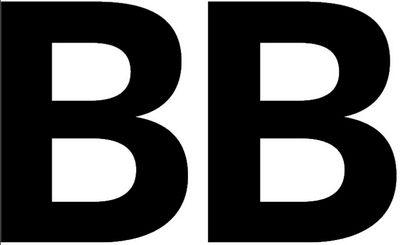In school we get used to a set feedback loop.
We study for a test, take the test, and then receive a grade. Only after we receive this grade do we determine “how well we did.”
But there’s a problem here.
Yes our level of preparation is a factor in the final grade that we receive, but it’s one of several factors.
Anyone who has taken a written test knows that there’s a degree of luck. We confidently know some of the answers, but then we have to guess on others.
Sometimes we guess well, sometimes we don’t.
But either way, our level of luck doesn’t reflect our level of preparation.
So it’s worthwhile to move our judgement point forward. Just based on our level of confidence after taking a test, we should be able to judge how well we prepared. Before we receive the grade.
And we can actually take it a step further.
The specific questions that appear on the test actually comes with a degree of randomness (or luck) as well.
One test can’t cover every possible aspect of a given topic. The professor needs to pick and choose which topics they want to include, which means that other topics are left out.
Partly through skill, but mostly due to luck, the questions that are asked either closely align with what we studied or they don’t.
So if our goal is to determine how well we learned a topic in preparation for a test, we can’t wait until after we see what questions show up. We have to be able to assess the situation before we even take the test.
Looking at a grade and then determining how we should feel is easy. An A makes us happy, a D makes us disappointed.
But if the goal is to truly learn about a given topic and to improve our ability to learn additional topics in the future, we have to make the effort to change the judgement point.
And no, this post isn’t just about academic tests.
-Brandon
